








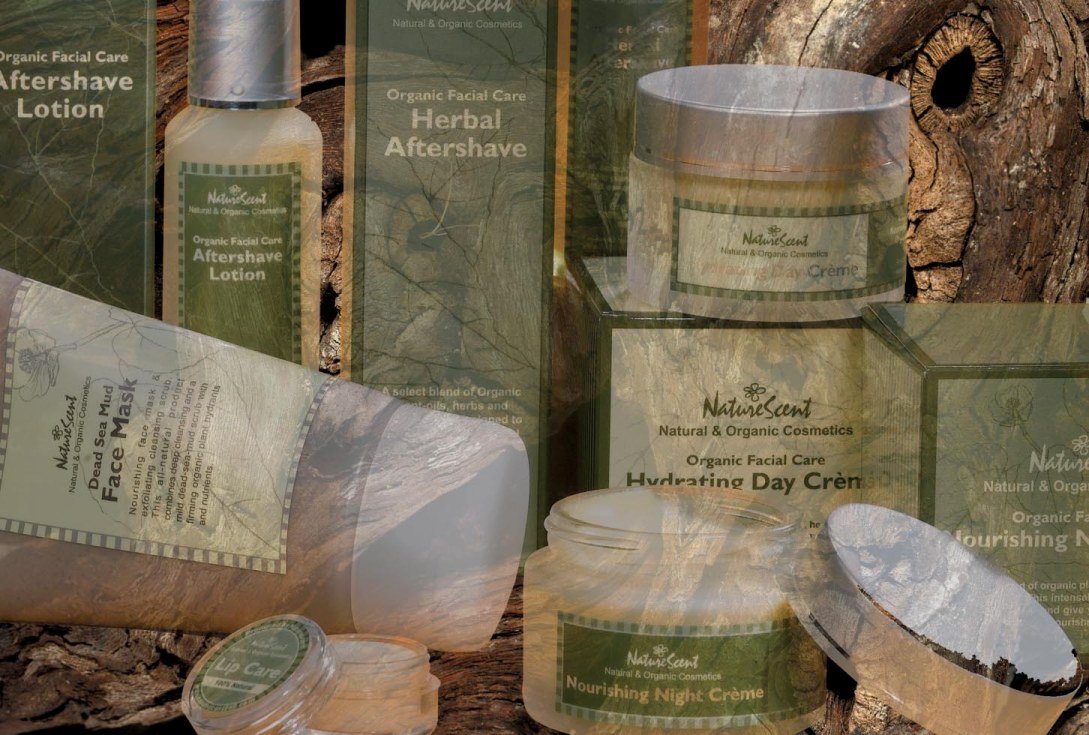



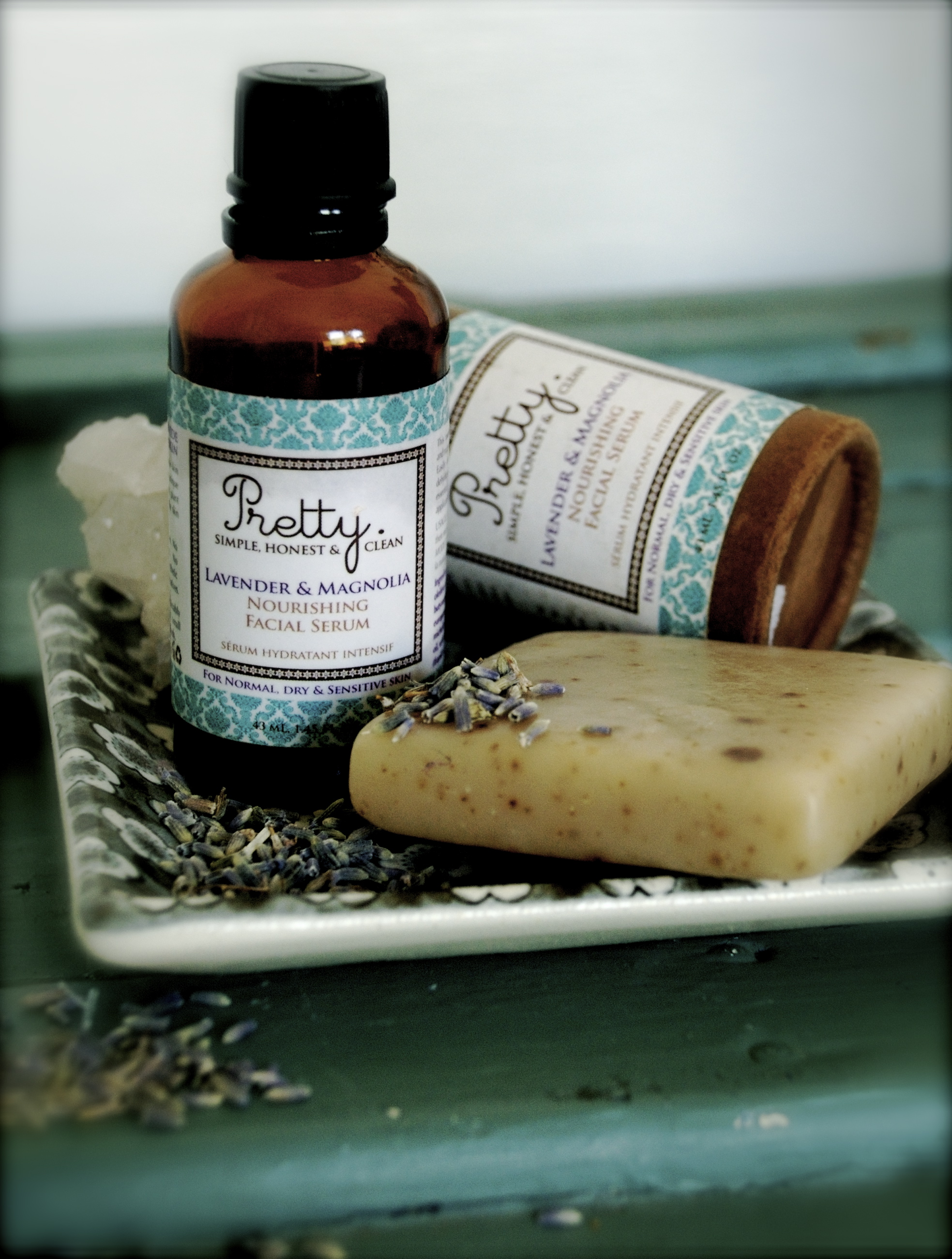


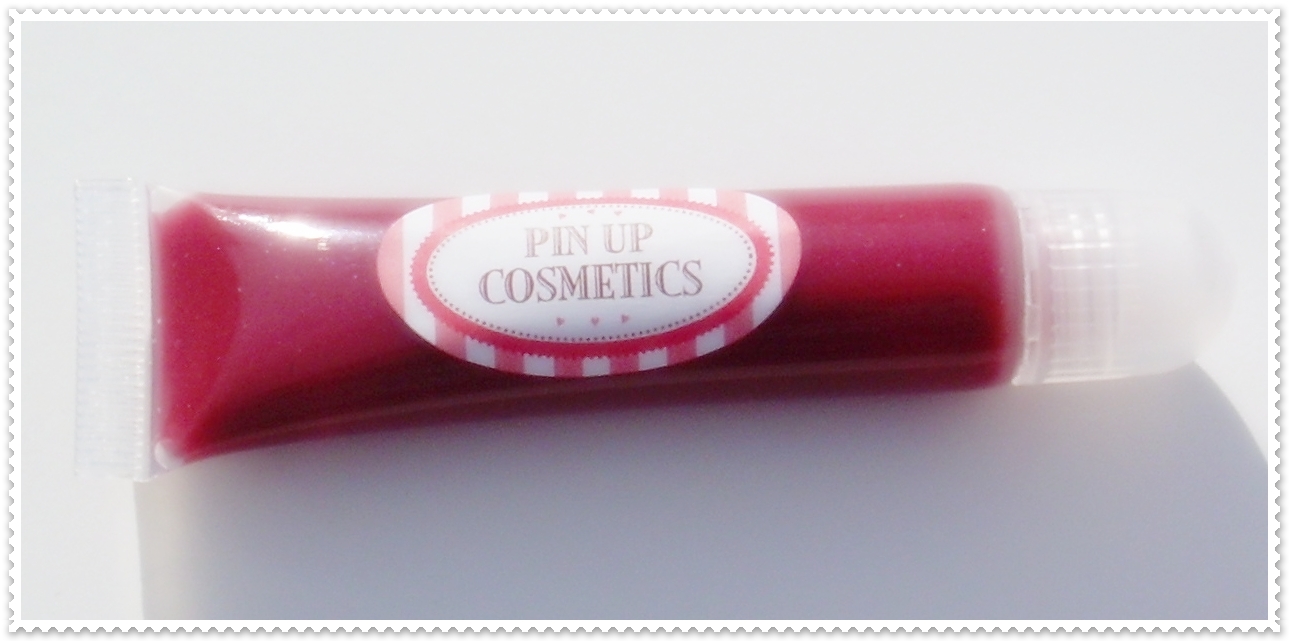




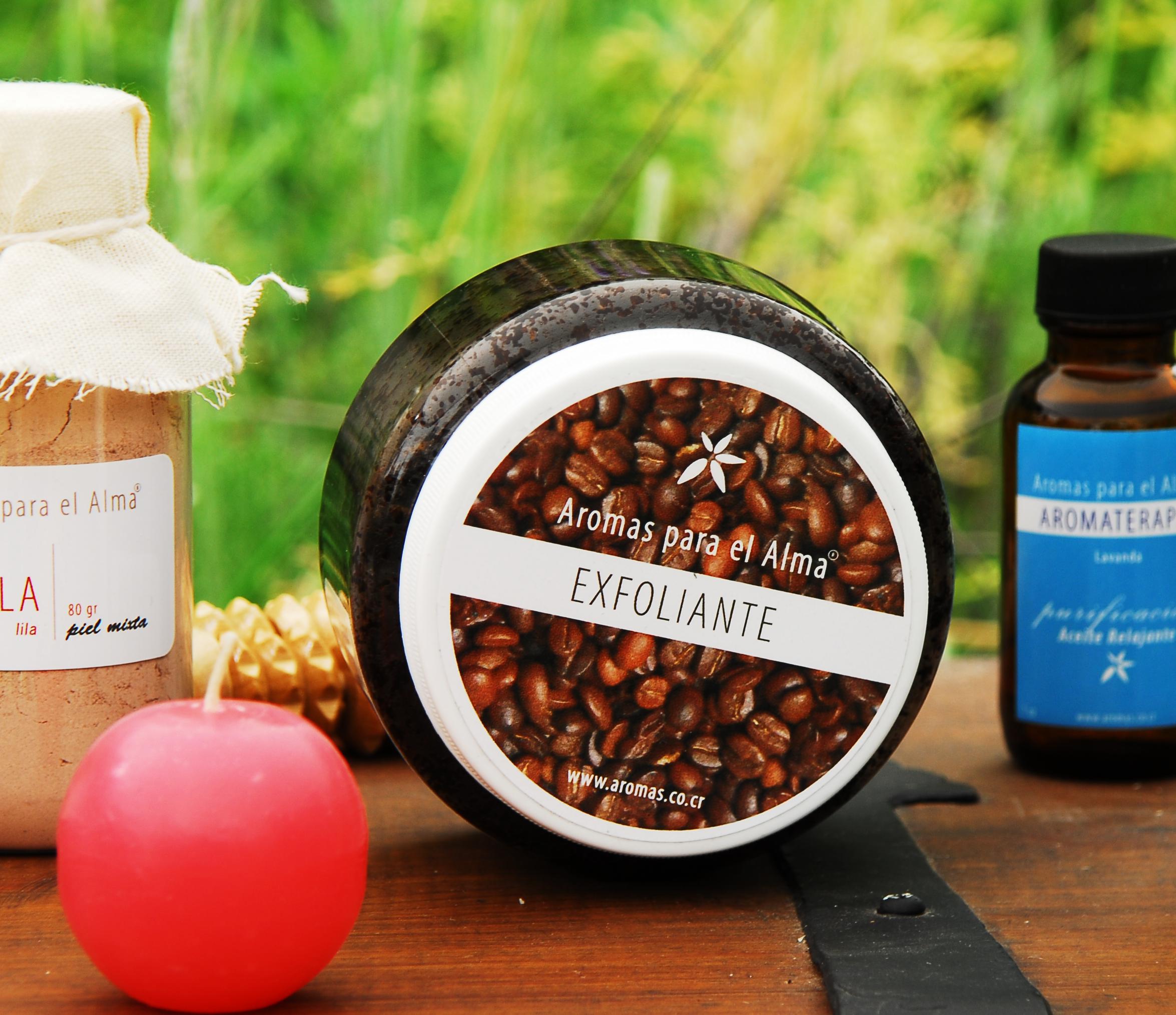


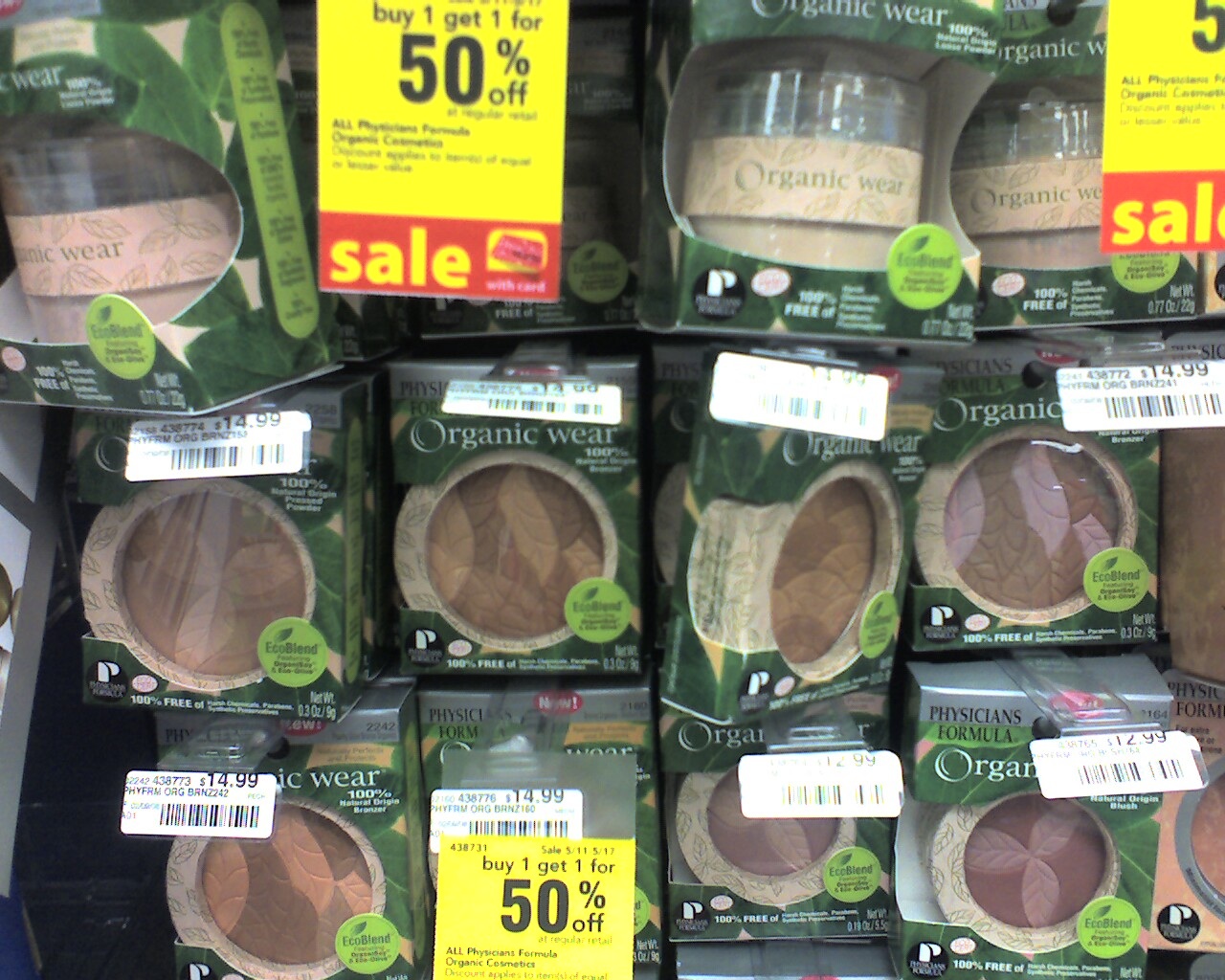




Are you a woman who wears makeup and cosmetics are applied on a frequent basis? Have you ever stopped to think about what is present in the aesthetic you are using? It may not have thought about the purity organic cosmetics you use and therefore have no idea if there are bacteria that grow in your cosmetics. Or maybe you have not thought about the chemical preservatives found in cosmetics that you are putting on your skin, these preservatives and chemicals can be absorbed through the pores of the skin and bloodstream.
Perhaps you also do not know that women have been eating an average of four pounds of lipstick in her life. Although not all medical reports that girls are dying of lipstick, it seems good to know that users of lipstick is to eat so much! Then there is also a problem with the mask as the people who wear the mask absorbs fallen pieces of plastic and synthetic materials in his eyes every day. Also, do not hear reports that these people are having eye problems.
I would be happy to know that these days, more and more consumers and manufacturers are concerned about getting the chemicals that are present in cosmetics. More people are well informed about organic products and harmful. But when they hear this, people usually have some reactions. One is to resign to make cosmetic and not buy any more cosmetic or cosmetic use. Then there are those who do not bother at all. However, there is another group who would be best to seek alternatives to these harmful cosmetics. This group would be for natural and organic cosmetics.
Organic cosmetics are cosmetics that are manufactured, produced or distributed through organic means. These processes are defined by specific rules set by organizations like the Organization of the Organic Law and organic products such as organic cosmetics are not permitted by law to contain any synthetic makeup. Organic products are produced from the use of substances that are grown without synthetic chemicals or genetically modified organisms.
As for natural cosmetics, these are cosmetics that has not been chemically altered from its original state, ie the product is in its natural form and other substances that have not been removed or added. Natural products such as natural cosmetics are derived from natural sources of plants or animals, but the term is not regulated or certified. This is a tough FDA regulations for cosmetic products, such regulation is minimal and there are toxic and carcinogenic ingredients, in fact, many are in the so-called natural cosmetics and body care.
The National Institute for Occupational Safety and Health found that more than 800 chemicals available for use in cosmetics (makeup not only) have been reported to the government as toxic substances. Therefore, be careful when buying natural cosmetics and take a good look at the ingredient label are present in cosmetics.
Every time I look in the mirror, it is natural for the health of the skin affected by problems such as aging, acne, pimples, wrinkles, dark circles, etc. The reason is that not only the physiological changes in the skin due to aging, but duration of the chemicals that come in contact with our skin. Certified organic cosmetics can provide the benefits of security solutions, health and skin.
Our skin, being the largest organ in the body is very sensitive, very porous (over 70% of the leak into the body by the bloodstream), and when in contact with corrosive chemicals, toxic, permanent damage occurs . These chemicals are not always associated with the environment in which we live or the food we eat, but often can be connected directly to the cosmetics we use. These cosmetics, which is used every day, can be very harsh on the skin because they contain many toxic chemicals that cause permanent damage to the health of the skin. Let's be clear. A toxic substance, also known as a toxic substance, is defined as a noun and is a "toxic or poisonous agent." Nobody knowingly consume a toxic substance. Therefore, one must ask why anyone, knowing the ingredients in most cosmetics are made of toxic substances (ingredients or toxic substances), would put these on our skin.
A healthy lifestyle means keeping our bodies protected from these chemicals and to expel those who have already invaded the internal system of our body. Organic foods are an excellent way to remove harmful chemicals from our body. What about cosmetics that are applied? Do we have to finish our talcum powder or deodorant favorite? Thus, it is necessary to end cosmetics in general, but certainly to switch to organic cosmetics. In switching over one must remember to read labels and do research. In previous articles we have written about the industry self-regulation of cosmetics. This allows cosmetic companies to put what they want in the package, because no one is watching. And, the "green" movement is leading companies in the allegations, as organic and / or natural, and in some cases this is simply untrue. Therefore, it is up to you, the consumer, to know what you are looking to make sure that what you are buying is really what it says.
Now one might ask what are the benefits for change? Well, there are several advantages and some of them:
a) Organic cosmetics are very good for our skin, our health and wellbeing. However, to be considered organic prepared from natural ingredients and should not contain harmful acids or toxic chemicals. In general, the cosmetics you use every day contain very high levels of toxic chemicals and the skin can suffer from several problems if you continue to use over a long period of time. On the other hand really organic cosmetics and / or provide the kind of natural food for the skin without causing any toxic material in it. Therefore, it can be saved from cancer-causing toxins such as mercury or lead. These chemicals are not only hard on the skin, but if they get into the bloodstream, and eventually can cause real damage.
b) environment: organic cosmetics are considered as the environment and, therefore, when used daily, not just save his skin, but also the environment. We all have to protect our planet from becoming contaminated with chemicals such as tar threatens the environment, lead, aluminum and mercury, among others, and this can only be achieved if we use things, which when disposed of, do not cause environmental hazards. If we care about our environment and the care of our body, then start using these natural products such as cosmetics.
There are many people who believe that these natural products from the environment are not on par with the synthetic ingredients used in cosmetics, but this simply is not true. Truly organic cosmetics produce the same colors and also the last for the same period of time on your skin, so there is no reason why these should be considered poor cosmetics. However, once again, before purchasing these products, you should always check the label and know if it actually contains organic ingredients. It is true that some of these ingredients listed should be a scientist to understand. Do not let this stop you from investigating the ingredients. Remember that the cosmetics industry will do anything to avoid what is actually found in these products. It is not in your best interest to make you change, so do your homework and continue to provide a synthetic aesthetic, full of poisons (toxins) in the name of natural cosmetics and / or organic.
You would not consider a highly processed, artificially flavored apple to be as healthy as an organically grown apple, right? The same goes for cosmetics. A beauty product made from synthetic materials, or even ultra-processed natural ingredients, not good for your skin or your overall health. Natural cosmetics, nontoxic, are the fruit of their diet organic beauty.
Synthetic ingredients are not only harmful to humans and the environment, but are less effective than the natural and organic ingredients. Pure natural ingredients work with skin and body to promote healing and regeneration.
What are the natural cosmetics?
Natural cosmetics are made from vegetable ingredients, minerals and certain animal ingredients, untreated or treated with other natural ingredients. Pure and natural ingredients are minimally processed to preserve the natural benefits of the ingredients are.
While unfortunately there is no legal definition of the term "natural" right now, looking BDIH certified organic products. BDIH certification is a well established organization with very strict German standards of cosmetic ingredients, packaging, and production.
To obtain the certification seal Natural BDIH a product must meet the following requirements:
* The ingredients must come from a plant or mineral source
* The ingredients must be organic or wild collection, whenever possible
* Free from petrochemicals or synthetic ingredients
* Does not contain genetically modified ingredients (GMOs)
* Eco-conscious packaging, recyclable, and the minimum
* Do not allow animal testing
What are organic cosmetics?
Organic ingredients are those grown and produced according to strict standards controlled by the government - the same standards that apply to organic food, third party verification. Organic standards do not require the use of synthetic pesticides, chemical fertilizers, sewage sludge, or genetically modified organisms. Strict rules also apply to treatment of animals and the environment. A truly organic product has a "Certified Organic" seal of a certifying officer. However, in many cases simply can not meet the requirement of 95% organic for official organic seal. For example, a natural sunscreen usually requires more than 10% of titanium dioxide or zinc oxide, so the best you can do is be 90% organic. If a cosmetic contains minerals such as titanium dioxide, zinc oxide, mica, iron oxide or used for color, these minerals can eat a 5% non-organic ingredients allowed. In many cases, simply not possible to create a cosmetic or a usable product for skin that is 95% organic.
Although BDIH is a certifier of natural cosmetics, which requires manufacturers to use organic whenever possible (when available in sufficient quantity and quality). BDIH is responsible for creating the first certified organic body care.
No comments:
Post a Comment